Disclaimer: The iBasso DX220 was sent to us in exchange for a full review. Headfonia and iBasso are not related.
iBasso
Today, we take a look at the iBasso DX220. The latest DAP from the brand, taking over the great DX200, their previous flagship.
This is part of our picture Sunday series, where we take a first look at some products in the review cycle. You can find all previous Picture Sunday posts here.
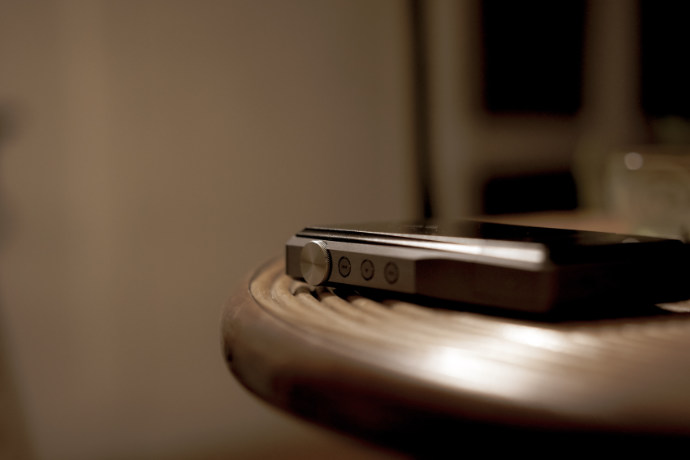
iBasso doesn’t need a presentation anymore, or so I hope. They’ve been in the market for numerous years now, with players, DACs and more recently, earphones. To be honest, I’m really fond of the brand and still own my first iBasso DX90, one of the first players that I carried on long trips.
That said, it’s time to take a fresh look at the new DX220 and check what’s new, compared to the previous one.
iBasso DX220 – The design
Unmistakably, the iBasso DX220 shares a lot of traits with the DX200. It’s a thick metallic box, with glass panels front and behind, giving it a retro-futuristic vibe. When smartphone makers try to make them thinner and thinner, the DX220 seems like a gigantic middle finger pointing at them.
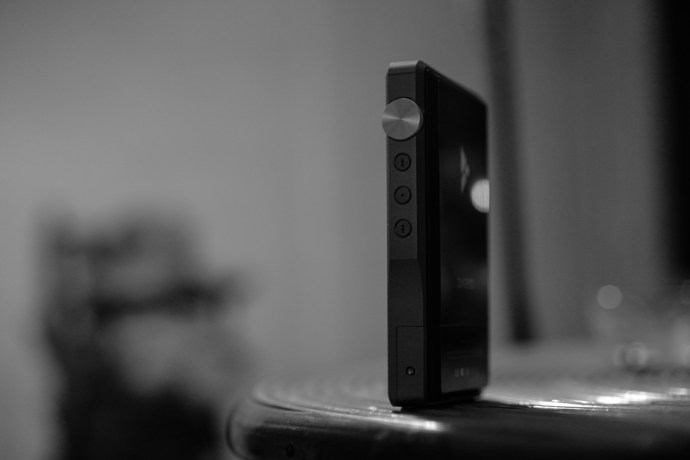
The design could either draw you in, or block you out. If you like big, sturdy players with aluminium accents and wide touch screen, you will love the DX220. On the other hand, if what you search is sleek design in a compact solution, you may need to check for something else. Like the Plenue D2.
The main differences between the DX200 and DX220, aesthetically speaking, are :
– the new scroll-wheel
– the glass back-panel
– narrower bezels and a bigger screen
– no more metallic extension from the power button to the play/next/previous
iBasso DX220 – A quick view
The DX200 already was very well equipped, so there is not much to change.
The DX220 is still driven by two ESS Sabre chips, 2x ES9028 Pro to be precise, each of those DACs offering the same performance as 4x ES9028Q2M, on paper. So no need to tell you I’m more than eager to try it (ok I just did tell you) and see how it translates in real world performances.

Another upgrade ? There are now five oscillators, so three more than before, all announced to bear the femtoseconds precision clock. So, in case jitter is still a thing for some of you, the DX220 should obliterate any of your doubts.
The UI is also faster than ever, all thanks to Android 8.0 and a new octa-core CPU. The ram has been raised to 4Gb too, so you can install any streaming app you ever need, or want. Good news since the DX220 enjoys a whole news IPS screen too, with wider gamut, improved resolution and bigger screen size overall.
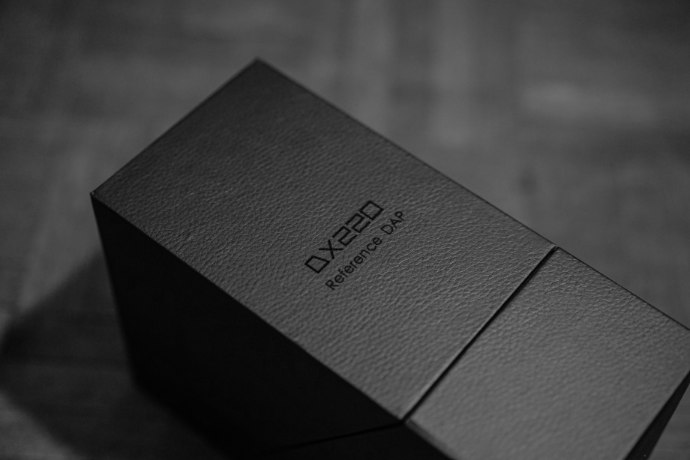
Last but not least, iBasso kept the modular amplifier system. Older modules are still compatible but they don’t get the glass on their back, which is kind of a deal breaker, visually. I should receive the AMP9 later this week, so we’ll see if the newer one get the glass.
The new iBasso DX220 is available for around $950USD. And at that price, we all expect a lot
So, how does it sound ? Well that’s for another day my friend. But you’ll know very soon.








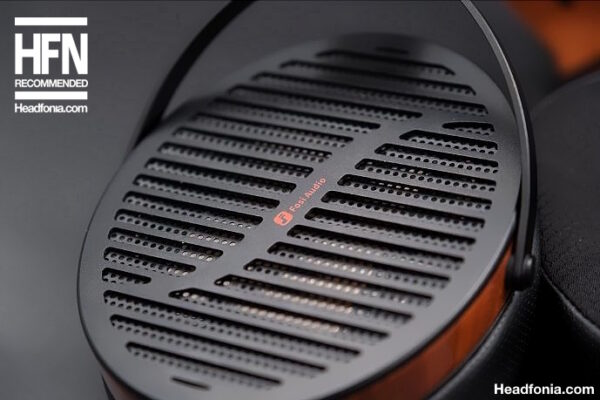
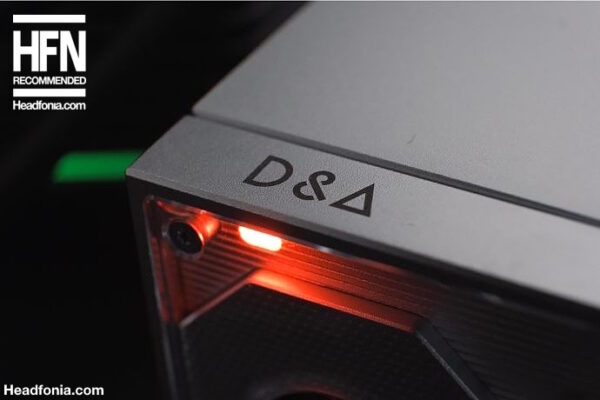
joinally
I like the iBasso DX220 with replaceable card design, thanks a lot for your review
joinally
Can you sum up the difference between the dx220, fiio M11 and hiby r6 pro,thanks